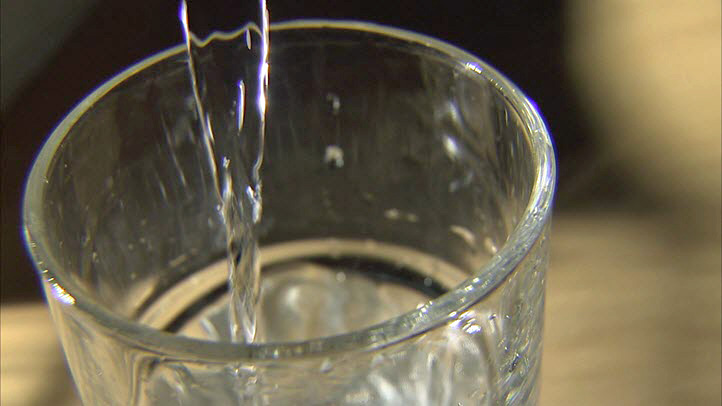An Air Force veteran of nearly 20 years has filed a class action lawsuit against the U.S. Department of Veterans Affairs alleging she was denied reproductive services because she is married to a woman.
The lawsuit, filed on Wednesday in a Massachusetts federal court, alleges that plaintiff Ashley Sheffield was denied a referral to receive in vitro fertilization, or IVF, treatment that she was entitled to, and that others in same-sex marriages who are seeking IVF face similar discrimination.
WATCH ANYTIME FOR FREE
Stream NBC10 Boston news for free, 24/7, wherever you are. |
“Like so many LGBTQ service veterans, I honorably served in the Armed Forces and I earned the health benefits that millions of veterans enjoy," Sheffield said in a statement. "I’m shocked and disappointed that the VA is denying me and other veterans IVF benefits because we’re in same-sex marriages. We are entitled to equal treatment and we should no longer be treated as second-class citizens."
Her attorneys say a law known as the 2021 Appropriations Act gave the VA the ability to provide in-vitro fertilization services to qualified veterans with their lawful spouses. However, it refers to old policy under the Defense of Marriage Act that does not recognize same-sex couples as lawful spouses, according to the suit. (Read the lawsuit below.)
Get updates on what's happening in Boston to your inbox. Sign up for our News Headlines newsletter.
"The government decided that Ms. Sheffield does not qualify for fertility services, including IVF, because she is a cisgender woman married to a cisgender woman," the lawsuit says. "This decision and policy are inexplicable and unconscionable a decade after the Supreme Court held that the federal government cannot deny equal treatment to people in same-sex marriages."
Covered veterans must have some sort of "service-connected disability" that prevents them from procreating on their own in order to be get benefits for procedures such as IVF, according to the lawsuit, which says that Sheffield had several physical and mental health conditions following her service, including ovarian adhesions, which can affect fertility.
Local
In-depth news coverage of the Greater Boston Area.
Sheffield sought fertility services through the military, at first using another type of procedure eight times without success, before being referred for IVF, the suit said. At that point, Sheffield said she was denied IVF due to her marriage to another woman.
The lawsuit cites a letter sent to Sheffield in 2021 saying, "You are not qualified if your [sic] in a same sex marriage or if the sperm is donated from someone other than a male spouse. I am sorry."
A spokesman for the Department of Veterans Affairs told NBC10 Boston that the agency can't comment on pending litigation, but noted that providing reproductive health care to all its members is one of the VA's top priorities.
"We at VA have limited legal authority to provide assisted reproductive technology, including in vitro fertilization, to Veterans," VA Press Secretary Terrence Hayes said in a statement. "The President’s Fiscal Year 2024 budget submission included a legislative proposal to amend VA’s legal authority and expand access to fertility treatment – including IVF and adoption reimbursement – to single Veterans, those in same-sex relationships, and those who need donor gametes and/or embryos to build their families. VA strongly supports this proposal, which would 'fill the gap created by the legal requirements, exclusions, and limitations in VA’s current program.'"
Presidents submit proposed budgets to Congress each year, but the House and the Senate come up with their own budget resolutions. Whether they'll incorporate the amendment to the VA's authority to expand fertility treatment access depends on those negotiations.



